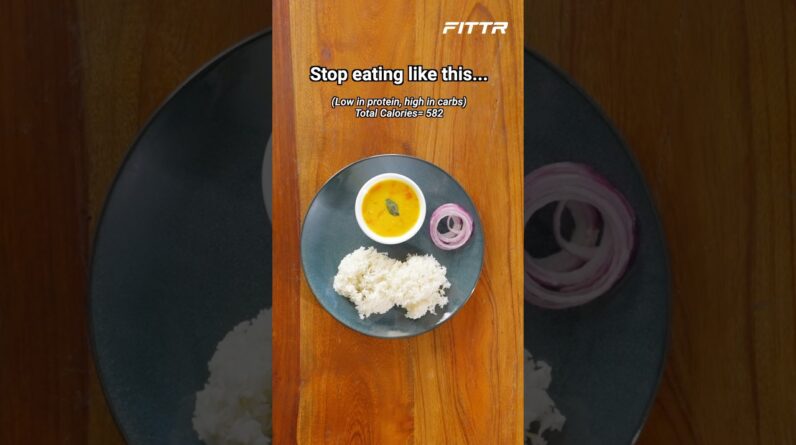
The Ultimate Guide to Nourishing Dinner Delights: Uncover the Healthiest Types of Dinners for Optimal Well-being
Why Dinner Matters for Your Well-being
When it comes to maintaining optimal well-being, paying attention to what we eat is crucial. Dinner, being the last meal of the day, plays a significant role in providing our bodies with essential nutrients and promoting a good night’s sleep. By choosing nourishing dinner options, we can fuel our bodies, support overall health, and wake up feeling refreshed. Let’s explore the healthiest types of dinners that can contribute to our well-being.
1. Balanced Plate: Incorporating All Food Groups
A well-balanced dinner should include a variety of food groups to ensure you’re getting all the necessary nutrients. Aim to fill half your plate with colorful vegetables, one-quarter with lean protein sources like chicken, fish, or tofu, and the remaining quarter with whole grains or starchy vegetables like sweet potatoes. This combination provides a range of vitamins, minerals, fiber, and macronutrients.
2. Plant-Based Powerhouses: Embracing Vegetarian and Vegan Options
Vegetarian and vegan dinners can be incredibly nourishing and offer numerous health benefits. Plant-based meals rich in legumes, whole grains, fruits, and vegetables are packed with fiber and antioxidants while being low in saturated fats. Consider incorporating lentils, chickpeas, quinoa, leafy greens, and berries into your dinner rotation for a burst of nutrients.
3. Seafood Sensations: Including Omega-3 Fatty Acids
Seafood, particularly fatty fish like salmon, mackerel, and trout, is an excellent source of omega-3 fatty acids. These essential fats play a crucial role in brain health, reducing inflammation, and promoting heart health. Aim to include seafood in your dinner at least twice a week to reap the benefits of these healthy fats.
4. Wholesome Soups and Stews: Warm and Nutrient-Packed
Soups and stews are not only comforting but also provide an opportunity to pack a variety of nutrients into one meal. Using a base of vegetable or bone broth, you can add a mixture of vegetables, lean proteins, and whole grains. Experiment with different herbs and spices to enhance the flavors while keeping the sodium content in check.
5. Mindful Portion Control: Quality over Quantity
While choosing the right types of dinners is essential, portion control is equally important. Overeating, even with nutritious foods, can lead to weight gain and discomfort. Practice mindful eating by paying attention to your body’s hunger and fullness cues. Eating slowly and savoring each bite can help prevent overconsumption and promote digestion.
6. Homemade Delights: Reducing Processed Foods
Preparing dinner at home allows you to have control over the ingredients and cooking methods. By reducing the consumption of processed foods, which are often high in additives, unhealthy fats, and sodium, you can create healthier dinner options. Experiment with homemade versions of your favorite takeout meals or try new recipes using fresh, whole ingredients.
7. Smart Substitutions: Healthier Alternatives
Small changes in your dinner choices can make a big difference in your overall well-being. Look for smart substitutions like using Greek yogurt instead of sour cream, whole wheat pasta instead of refined, or cauliflower rice instead of white rice. These swaps can increase the nutrient density of your meal without compromising on taste.
8. Hydration and Herbal Teas: Supporting Digestion
Staying hydrated is crucial for overall well-being, including digestion. Consider incorporating herbal teas like chamomile, peppermint, or ginger into your dinner routine. These teas can aid digestion, reduce bloating, and promote relaxation before bedtime. Avoid sugary drinks and opt for water or herbal teas to stay hydrated throughout the evening.
Conclusion
Choosing nourishing dinners is an essential part of promoting optimal well-being. By embracing a balanced plate, exploring vegetarian options, including seafood, enjoying wholesome soups and stews, practicing portion control, cooking at home, making smart substitutions, and staying hydrated, you can unlock the potential of dinner as a delightful and health-promoting meal. Prioritize your well-being by nourishing your body with the right dinner choices and experience the positive impact on your overall health.








